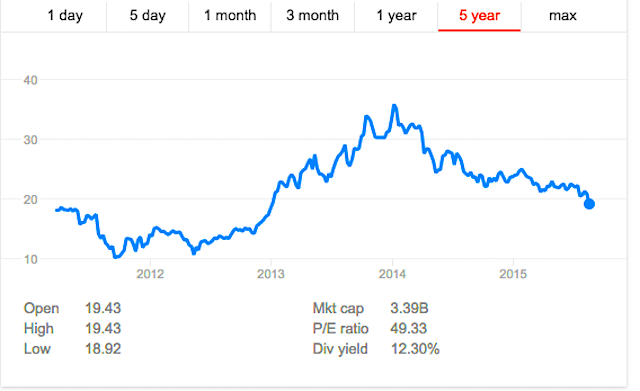Silicon Valley is still the capital of venture capital, thanks to the rising number of “unicorn firms” with valuations of $1 billion or more, according to Preqin.
And the money followed these technology startups that are predominantly based in California, the data found.
Menlo Park, California housed 88 private equity firms with venture capital as their core strategies and raised $75 billion over the last 10 years, far exceeding the $33.9 billion raised by 246 firms in New York City.
These 88 Menlo Park-based firms also raised more capital than the 443 firms in the Big Apple and San Francisco combined, Preqin found.
Furthermore, the top two venture capital firms were headquartered in Menlo Park, the report said. Sequoia Capital raised $10.9 billion and New Enterprise Associates $10.7 billion, both of the last decade.
Boston also presented itself as a powerhouse for venture capital, with 76 firms having raised $13.6 billion in the same time period.
Outside of the US, China emerged as a growing force, also with the help of “unicorn firms” such as Xiaomi, the fourth largest smartphone maker.
According to Preqin’s data, Beijing and Shanghai ranked below Silicon Valley and New York, having raised a combined $40 billion in the last 10 years.
The two cities also boasted a total of 141 venture capital firms.
London had the third largest number of venture capital firms but only raised $13.3 billion, indicating “significant room for growth in the technology and startup markets.”
Preqin tracked more than 4,250 venture capital managers raising a total of $426 billion since 2005.
Related Content: Crowded: The Private Equity Bubble & Institutional Investors Newly Tempted by Venture Capital


 Source: Yahoo Finance
Source: Yahoo Finance